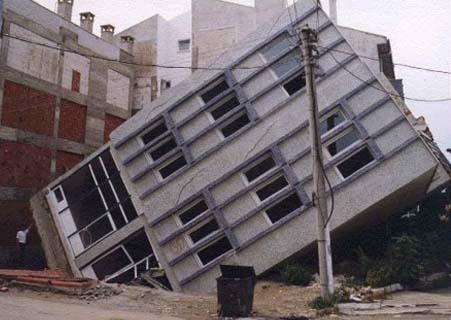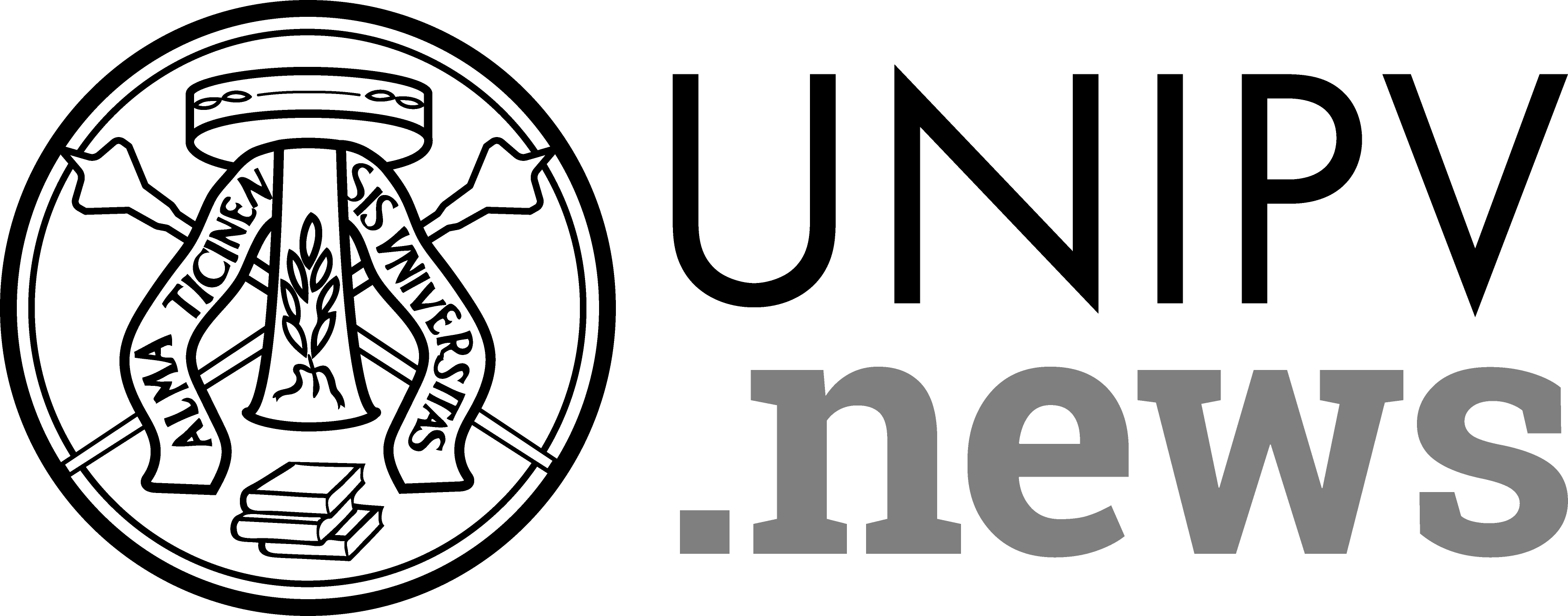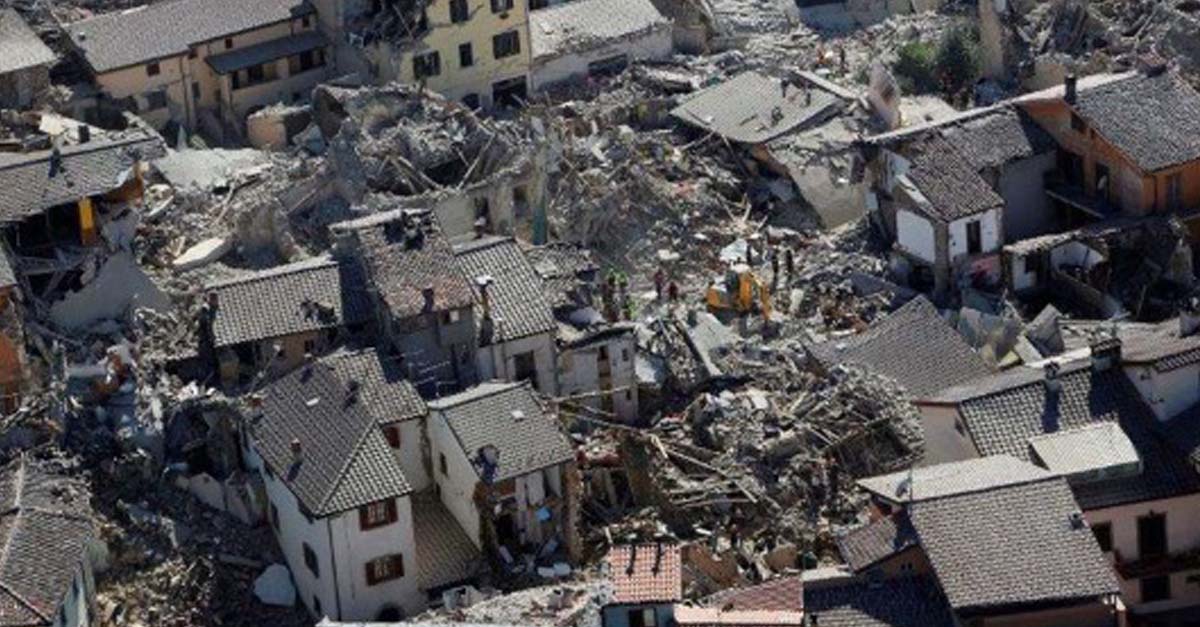(English below) La Scuola Universitaria Superiore IUSS di Pavia finanzia quattro borse di studio (due da Euro 6.000/anno, due da Euro 3.000/anno ciascuna) per studenti che si immatricoleranno per l’anno accademico 2022-2023 alla Laurea Magistrale interateneo “Civil Engineering for Mitigation of Risk from Natural Hazards”. Il corso di laurea magistrale ha sede amministrativa presso l’Università di Pavia e il bando per le borse di studio è disponibile al sito del corso: http://civrisk.unipv.it/scholarships/ .
La scadenza per la presentazione delle domande per le borse è il 4 luglio 2022.
Il Corso di Laurea Magistrale in “Civil Engineering for Mitigation of Risk from Natural Hazards” è un corso interamente in lingua inglese, offerto congiuntamente dall’Università di Pavia e dalla Scuola Universitaria Superiore IUSS, che intende fornire competenze avanzate nell’ambito dell’ingegneria civile per la mitigazione del rischio sismico e del rischio idrogeologico, e che vede la partecipazione alla docenza di qualificati esperti italiani e internazionali.
***
Scholarships for the MSc Program in “”Civil Engineering for the Mitigation of Risk from Natural Hazards”
Four scholarships (two of 6000 Euro/year, two of 3000 Euro/year each) have been made available by the University School for Advanced studies IUSS Pavia to students who will enroll in the MSc programme “Civil Engineering for Mitigation of Risk from Natural Hazards” in the academic year 2022-2023.
The MSc programme is jointly offered by the University of Pavia and IUSS Pavia, and the call for applications is published at the site http://civrisk.unipv.it/scholarships/ .
The deadline for application to the scholarships is the 4th of July 2022.
The MSc programme “Civil Engineering for Mitigation of Risk from Natural Hazards”, entirely taught in English, aims at providing higher-level education to meet the ever-growing demand for expertise in the field of structural and earthquake engineering, hydraulic engineering and hydrogeology. The MSc offers high quality training by combining the expertise of the local academic staff with that of qualified international experts invited to teach selected courses.




